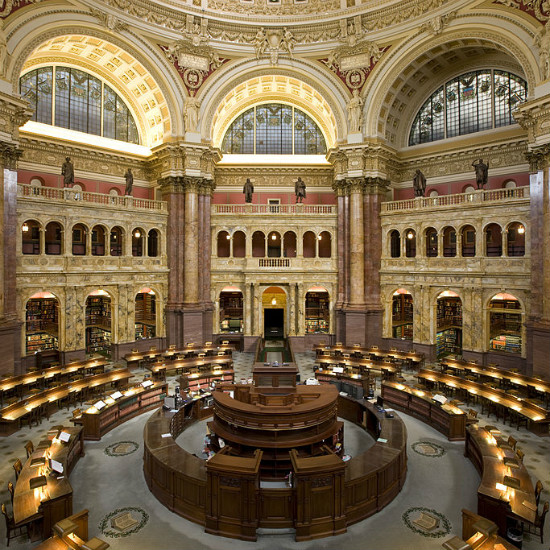I don’t have anything against atheists. Atheism makes perfect sense to me. Really. Half the time, I am an atheist. There’s no empirical evidence for a super-being god, so we may as well believe in spaghetti monsters. Granted.
But the argument that sometimes emerges from atheism’s justified efforts to defend itself that the march of the world toward enlightenment will eventually, inexorably, inevitably, eliminate religion altogether seems to me a fantasy. I can see humanity eventually giving up on the super-being god. But I can’t see religion ever going away.
In a recent post at iranian.com, Dr. Reza Varjavand argues that religion isn’t going anywhere, even if god disappears, partly because believing is much easier than exerting the effort that scientific study requires. People will always believe, Varjavand seems to argue, because people will always be lazy.
I agree with Varjavand on a couple of points. I think believing is, most often, much easier than study and reason. And I think that people will always be lazy.
On the other hand, I think that reducing religion to “belief” is an error. Religion isn’t going to go away, but not only because people are slugs.
About half of the members of the “American Association for the Advancement of Science” polled by the Pew Forum self-identified with some religion or another. The Pew folks also make the error of associating religion with belief, insofar as they imply that the basis of these religious scientists’ religion is belief in god. But setting that gaff aside for the moment, the data that Pew supplies suggests that religion isn’t always a thing a person resorts to in order to avoid the heavy intellectual lifting of science.
The argument that we’ll get rid of god, and religion will go with him, strikes me as a kind of teleological myopia. I encounter this with some regularity in the idea that some students bring to college that Naturalism is theatre. Students whose theatrical experience has been only of one sort, only one style, presume that what they know is the only sort, the only style of theatre there is, produced as a kind of intention in this moment by all the theatre history that has led everyone to this point. They have arrived, they think, in the “true” theatre that history has finally produced. They’re often unable to wrap their heads around the evidence that theatrical Naturalism is a very, very, recent invention, practiced still by such a narrow segment of performers that it has almost no significance in the history of global theatre.
The presumption that religion, as a concept, depends on belief in god might be similarly myopic, regarding the narrow tradition bequeathed by the Enlightenment as the only possible way of thinking about religion. But back in the medieval day, the term religion indicated discipline—dedicated, difficult, discouraging discipline—not belief. There was nothing easy about vowing to wear nail-studded underwear for the remainder of one’s life, and this is not a discipline that I imagined up for my own purposes. Religious were the people who entered monastic orders, and, so, committed themselves to living in a specific, structured, hard way. Belief was something else. It wasn’t until the Enlightenment, when everything became a matter of reason, that people began to characterize religion as a set of propositions that one could either prove or disprove, believe or disbelieve.
In the much bigger picture of human history, religion has much more to do with what a person does than it has to do with what a person believes.
Which is why Ethyl Bruneau can say “tap is a religion“. Ms. Bruneau apparently believes in god, besides, but the “Queen of Tap” can see that doing is the heart of religion, and the commitment, the discipline, the hard work, the revelation, and the joy of tap dancing that can overwhelm a life constitute a holy faith. A paradiddle is not a proposition.
Never mind what happens to religion if god disappears. As long as we have science, we will have religion. When a person commits to rising at 3:30 in the morning, every morning, to check specimens and to update notes, sacrificing breakfast, and lunch, and a warm, comfortable evening snuggled up with “Dancing with the Stars”, religion comes into being.
There’s a reason why we still talk about habit as doing something religiously. The person who mows the lawn “religiously” is not acting on a belief in nature spirits. The doing is its own, hard and joyous justification.
This business about believing in god is just a red herring.











